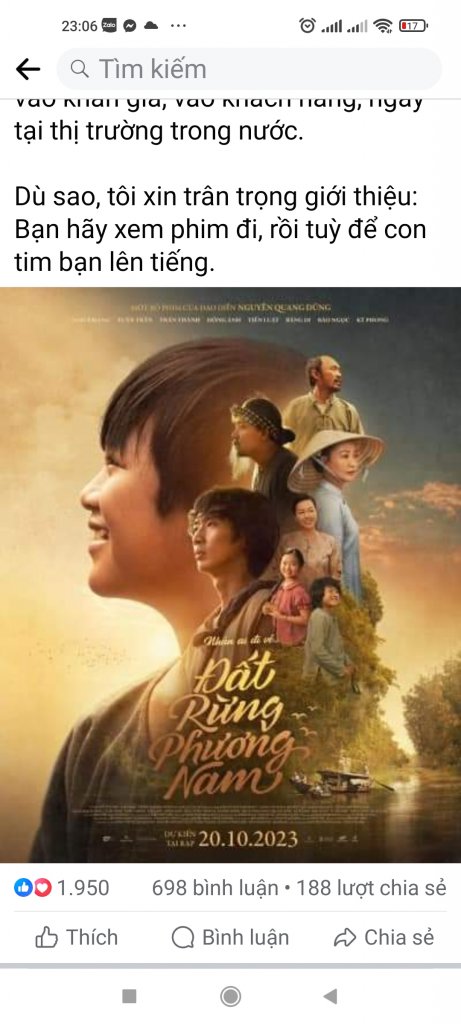- Biển số
- OF-494
- Ngày cấp bằng
- 27/6/06
- Số km
- 311
- Động cơ
- 583,758 Mã lực
Thật ra nói chắc chắn 100% thì khó cụ ạ, trừ khi tìm được tờ chứng nhận. Ngoài sách của Phạm Văn Sơn, Lịch sử Việt Nam tập 7 (Tạ Thị Thúy chủ biên) cũng nhắc sự liên quan giữa hai vị:Em xem Wiki của cả 2 ông Cường Để và Phan Xích Long đều không có chi tiết này, thậm chí trong Wiki của mỗi người đều không có tên người thứ 2. Vậy nên em nghĩ chưa chắc đã là sự thật 100%.
Ngay wiki bản tiếng Anh cũng có nội dung trích từ Vietnamese Anticolonialism 1885 - 1925 của David G. Marr, trong đó viết PXL tuyên bố nhận được thư của Cường Để xác nhận dòng dõi hoàng tộc của mình.
Vast crowds of locals began flocking to pay homage to Long, vowing to contribute labour and finance in an effort to expel the French from Vietnam and install Long as the independent monarch. By this time, Long was claiming to have received a letter from Cường Để, which supposedly confirmed his royal descent (Duy Tân still reigned during this time). Long's followers spared no expense in decorating Long with royal accoutrements.
Cũng wiki tiếng Anh trích sách của Hồ Tài Huệ Tâm, Millenarianism and peasant politics in Vietnam- In tại Mỹ, về việc Pháp cho rằng cụ Cường Để và Việt Nam quang phục hội có liên quan đến PXL, tuy nhiên lúc ra tòa thông tin này bị các bị cáo phủ nhận.
The prosecutor thought that Long's movement was affiliated with the Việt Nam Quang Phục Hội (VNQPH), an exiled monarchist organisation led by the leading anti-colonial activist Phan Bội Châu, and Cường Để.The suspicion was based on the fact that the VNQPH had printed their own currency and circulated them into Vietnam at the same time that Long's monetary policy had led to a depreciation of the official currency. Cường Để had also secretly re-entered southern Vietnam and had been travelling through the countryside when Long's uprising was launched in March. The prosecutor claimed that activists from northern and central Vietnam, the main source of the VNQPH's followers, were behind the plot. The defendants denied this, asserting that most of the participants were "illiterate peasants", while the VNQPH were dominated by members of the scholar-gentry.



 xem cách kết thúc phần 1 là biết tính làm phần 2 rồi, nhưng mình vẫn ấm ức cách kết thúc như vậy chưa hay xét về kịch tính
xem cách kết thúc phần 1 là biết tính làm phần 2 rồi, nhưng mình vẫn ấm ức cách kết thúc như vậy chưa hay xét về kịch tính



